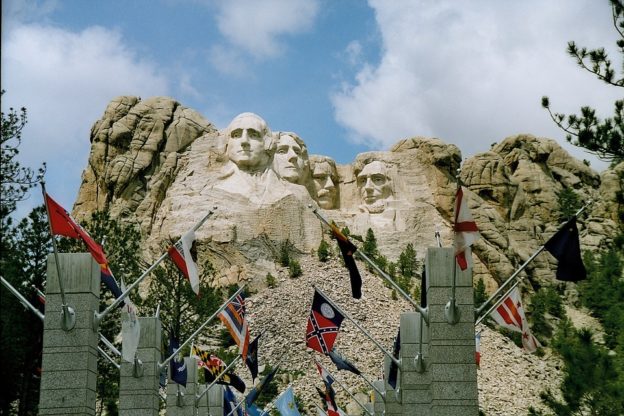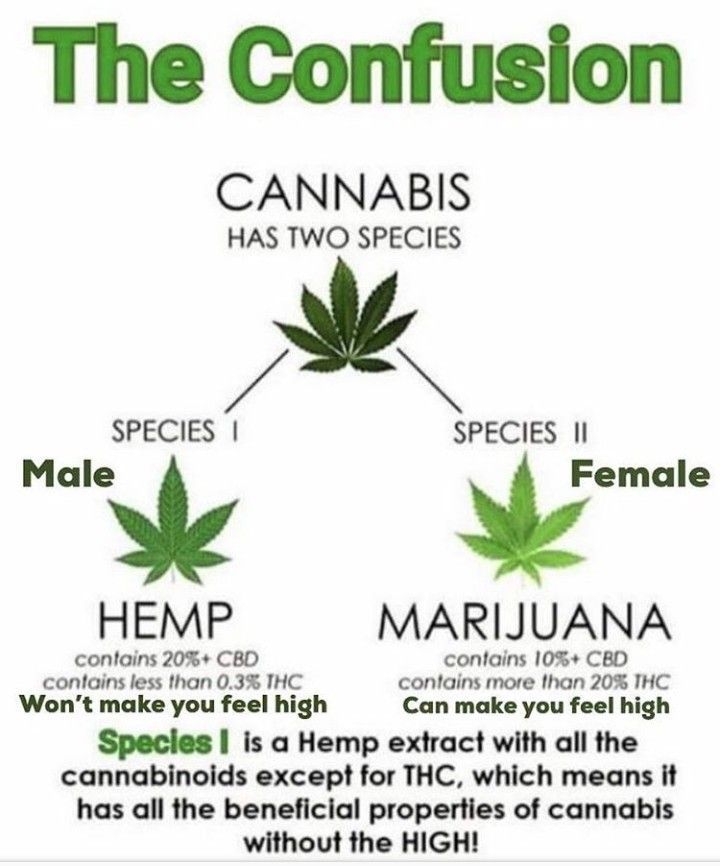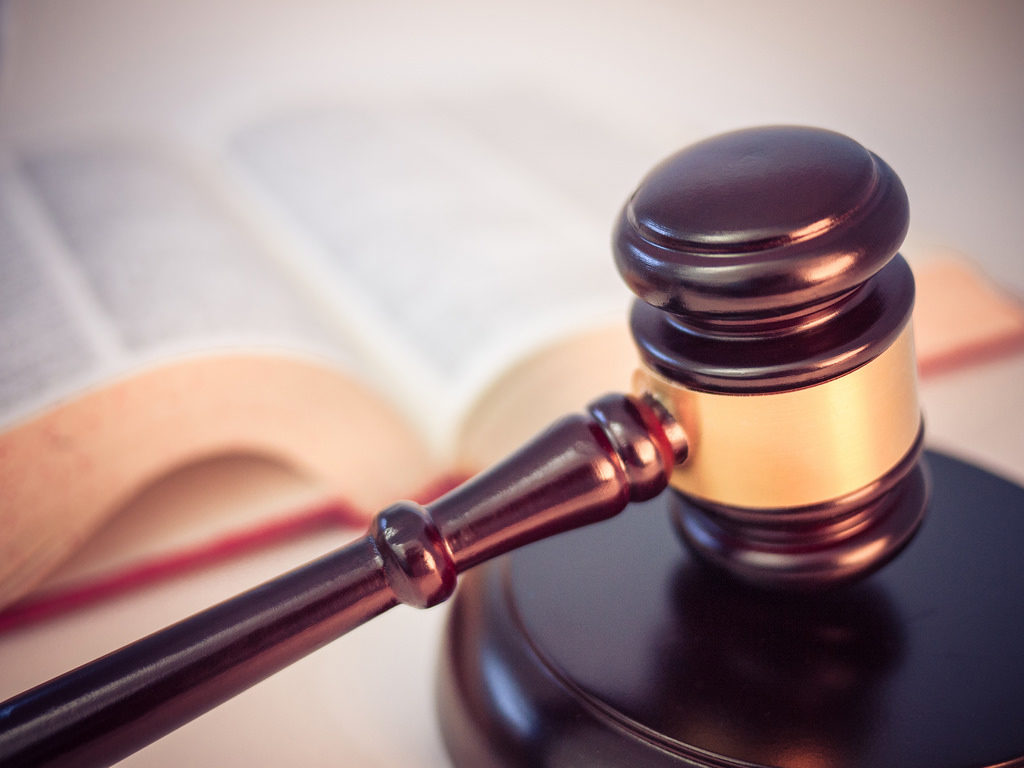
“Is CBD Oil legal?”
seems to be the magic question these days. So, let’s set the record straight.
The answer is yes… no and maybe. As you will see the answer is not so clear cut.
Before we begin, we want to start by saying we are not lawyers and the
information contained in this article should not be considered legal advice but
only a guide for your own research. First, lets discuss a few things that come
into play that will bring some clarity to the confusion.
Hemp, Marijuana, CBD and THC
It’s all a bunch of cannabis! The confusion starts here. Although hemp, marijuana and cannabis have been used interchangeably to represent the same thing they are not. Cannabis is a genus of the flowering plants in the family Cannabaceae. One of the several species of cannabis is called cannabis sativa. Strains from cannabis sativa are commonly known as industrial hemp or hemp and cannabis drug or marijuana. The focus here is the fact that hemp is known to have high amounts of CBD and low amounts of THC while marijuana has high amounts of THC and lower amounts of CBD. (Its worth noting the lower amount of CBD in marijuana can in some cases be attributed to plants grown indoors using artificial light)
THC short for Tetrahydrocannabinol is one of at least 113 known cannabinoid identified in cannabis. It is responsible for the psychoactive effect that get you high. Hemp at one time was widely grown in Europe and the United States is known for variety of industrial uses such as rope, textiles, clothing, shoes, food, paper, bioplastics, insulation, and biofuel. Hemp has lower concentrations of THC and higher concentrations of cannabidiol (CBD), which decreases or eliminates its psychoactive effects. But along the way, hemp got caught up in the stigmatism of marijuana and was classified as a Schedule 1 drug and illegal under the Controlled Substances Act.
Federal, State and Local Law
There are different types of laws. Federal laws apply to everyone in the United States. State and local laws apply to people who live and work in that state, commonwealth, territory, county, city, municipality, town, township, or village. When it comes to which law prevails, if there is a conflict between Federal and State law, it is said that State law should win legally if the State law allows a person to gain more than the Federal law. But, if there are differences between state and federal law there is the supremacy clause, which is part of article VI of the constitution. It contains the “doctrine of pre-emption”. This basically says the federal law wins in the case of conflicting legislation. Basically, if a Federal and State law contradict, then when you’re in the state you can follow the State law, but the feds can decide to stop you. Now if that wasn’t confusing enough, there is also the ongoing issue of Federal and State Governance. What issues should be exclusive to the States, exclusive to the Feds, or shared governance is a continuing battle. You only need look at the battles over abortion, the death penalty, same sex marriage and now cannabis.
The Farm Bills
In legislation known as the 2014 Farm Bill, The Obama Administration set the legal framework to separate hemp from marijuanna. In addition, it allowed all 50 states to cultivate industrial hemp for research pilot programs. The law protected only cultivators registered in the program. They no longer needed a permit from the DEA but had to meet their state’s department of agriculture requirements. Usher in the legislation known as the 2018 Farm Bill. The Trump Administration’s bill extends the protections of hemp set forth in the 2014 Farm bill. Furthermore, it clearly stated Hemp containing 0.3% THC or less is no longer considered a Schedule 1 drug. It also places hemp under the Critical Agricultural Materials Act. This provision recognizes the importance, diversity and opportunity of the plant and the products that can be derived from it. Although this bill treats hemp like other agricultural commodities it comes with many regulations. Lastly, it further allows the cultivation of hemp by farmers in all 50 states and adds protection to hemp derived products like CBD.
CBD Oil is legal right?
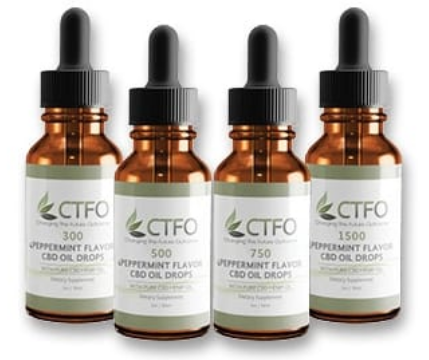
Lets be clear. Setting aside our personal vernacular and scientific nomenclature we need to see it as the law sees it. The federal law looks at the THC and says it is illegal. As for CBD Oil, under federal law it is still illegal EXCEPT for CBD Oil that is derived from hemp plants that contain 0.3% THC or less. Why the specifics? Products from cannabis plants, like CBD Oil can be obtained from plants containing high THC levels, legal THC amounts, and no THC. So to say CBD is legal in this entirety is not correct, only CBD made from hemp with less than 0.3% THC is legal in all 50 states.
Anyone can grow hemp correct?
NO. Don’t go digging up your backyard or setting up your urban rooftop garden just yet. There are rules and regulations you must follow to grow the legal hemp outlined above. Most notably, the current bill bars anyone with a drug felony from participating in any part of hemp cultivation. So to be on the safe side you should first check with your state agricultural department to see what is required to stay within the limits of the law. Law makers were concerned that no one tries to circumvent the current Substance Abuse law.
Is CBD Oil legal in all 50 states?
Yes, no and maybe. LOL don’t get mad. We are not here to just say what the masses want to hear. We must look to be clear. As far as the Federal Government is concerned if CBD Oil follows the rules and regulations in the 2018 Farm bill it is legal! This includes CBD products like edibles, CBD Gummies, CBD Vapes, and CBD ointments. Yes, it is legal in all 50 states… as far as the feds are concerned.
Remember we talked about state and local law? While you may not have to worry about the feds knocking at your door, you may get a visit from local law enforcement. You see the state and local governments have laws on their books as well. This is where things get tricky. The states that have completely decriminalized marijuana are of no concern as they legalized recreational marijuanna. So possession (limited amount in many cases) of cannabis and cannabis by products are legal. As of this post these states are Alabama, Alaska, California, Colorado, Maine, Massachusetts, Michigan, Nebraska, Nevada, Oregon, Vermont, Washington and The District of Columbia (Washington D.C.).
Currently there are only three states remaining with restrictions on ALL cannabis and cannabis derived products. They are Idaho, Nebraska, and South Dakota. These are strict laws that focus on cannabis itself not the THC levels. So, despite the federal law CBD Oil and products are illegal in these states.
All the rest of the states can fall into the maybe category. Take for instance Florida. It had stiff cannabis laws but there have been ongoing changes to the law. This includes the passage of a Medicinal Law and a CBD amendment for medical use with THC levels of 0.8% or less. Some states mat say its still illegal others are taking a friendlier approach. The takeaway here is to check your local laws as rules are changing rapidly in many states. Federally legal CBD Oil and products may now be acceptable under many of these state laws because of decriminalization legislature. Its all dependent in the wording of the law. It may sound tricky but for the most part CBD OIL and products are not a focus of prosecution but more of regulation.
CBD Oil, CBD Vape, CBD Gummies and Edibles
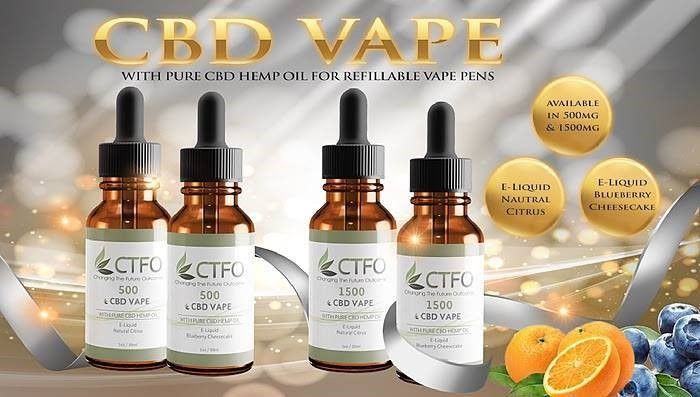
So, sit back and relax and have a CBD infused mocha latte. But wait. This just in! The FDA states that despite the 2018 Farm Bill they still consider CBD in general a drug and illegal to add to food or health products without their agency’s approval.
Now the news is not all bad. An FDA approved drug Epidiolex for the treatment of seizures has hit the market. It contains CBD. There are other cannabinoid drugs which have received FDA approval as well such as Marinol, Syndros and Cesamet.
The FDA has said that that three ingredients from hemp are safe as foods and will not need FDA approval. These are hulled hemp seeds, hemp seed protein and hemp seed oil. These are safe if marketers do not make claims that they treat disease. Products like CBD Oil, CBD Vape, CBD Gummies and other products are viewed as murky in the eyes of the FDA. So for now do you own due diligence before opening up shop.
As for online sales there is a gray area as well. The internet in general does not fall entirely under state jurisdiction. Just stay clear of Idaho, Nebraska, and South Dakota. One thing is for sure if you are doing something wrong, agencies do a good job of issuing notices. So just if you get one just cease and desist for now, laws are changing fast.
A good piece of advise is to sell products that have been third party tested by an independent lab. Companies should be able to provide you with verified documents.
So if you are a retailer or a consumer of CBD Oil for the most part it is legal if you stay in the guidelines. Remember, this is all very new. Even the FDA recognizes the public demand as well as all the ongoing clinical trials. There are simply to many positive testimonials from people from all walks of life for CBD to be ignored. In the meantime, enjoy the benefits of your favorite CBD product and a holistic way to health.
>>>Click here to see our top rated CBD Oil Product.<<<
Be sure to check back for additional updates. We’d love to hear from you! Feel free to comment below and share and like on social media.
